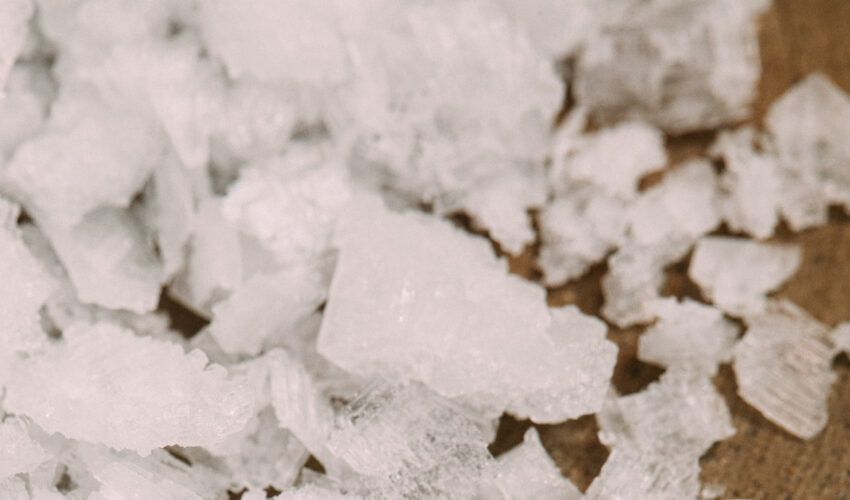Water softeners can eliminate film on your dishes, help your skin and hair feel softer, and extend the lifespan of your appliances and faucets. But when it comes time to refill the salt in your water softener, you may wonder whether pellet or crystal salt is the best option. Below, we discuss some of the differences between pellet and crystal salt and how to choose the best type of salt for your water softener.
Similarities Between Pellet and Crystal Salt
Most water softener systems rely on sodium ion resin beads to soften water. These beads replace mineral ions with salt ions, reducing the water’s mineral content. Because water can only absorb a certain amount of salt, water softeners rely on a backflushing process, running water across the beds to remove magnesium, calcium, and other water-hardening ions while replacing them with sodium ions.
Both crystal and pellet salt can provide the sodium ions your water softener needs—though there are some key differences. The type of salt you use can impact how often your water softener system will require maintenance. Your salt choice may also affect the likelihood that your water softener will “bridge”—that is, when salt sticks together to form a hard, bridge-like crust in the tank, preventing your water from being treated. The less pure your salt is, the higher the odds are that it will bridge.
Advantages of Crystal Salt
Salt crystals are smaller than salt pellets and are made from salt, brine, and water. These crystals often have additives and are often recommended for two-part water-softening systems. Salt crystals can be the most economical option and are ideal if you use a relatively low amount of water each month, though you’ll still need to be on the lookout for bridging. Preventive maintenance can be the key to helping keep your crystal-using water softener in good condition.
Advantages of Pellet Salt
Salt pellets are larger than crystal salt and are made from pure sodium chloride—that is, refined salt crystals. Although more expensive, salt pellets don’t have the additives that salt crystals have, which can allow them to dissolve in water more easily (and without leaving residue behind). Pellet salt can reduce the amount of preventive maintenance your water softener system needs and can prevent salt bridges.
Choosing the Right Salt for Your Water Softener
There’s no one-size-fits-all water softener solution—the right salt for your water softener will depend on your household’s water usage, the type of water softener you have, and your budget. If your water softener system isn’t using the appropriate amount of salt or isn’t performing up to expectations, contact the team at North East Air Conditioning, Heating & Plumbing. We’ll work to assess your system, determine what type of water softener salt fits your needs, and get your water softener in great shape to continue treating your home’s water supply.
Photo by charlesdeluvio on Unsplash


